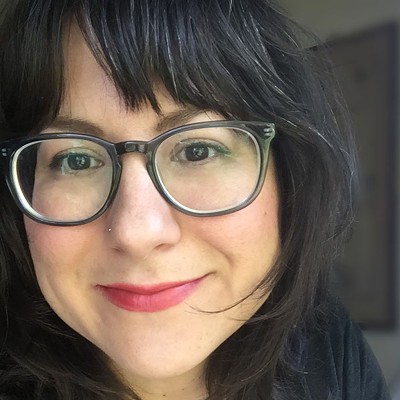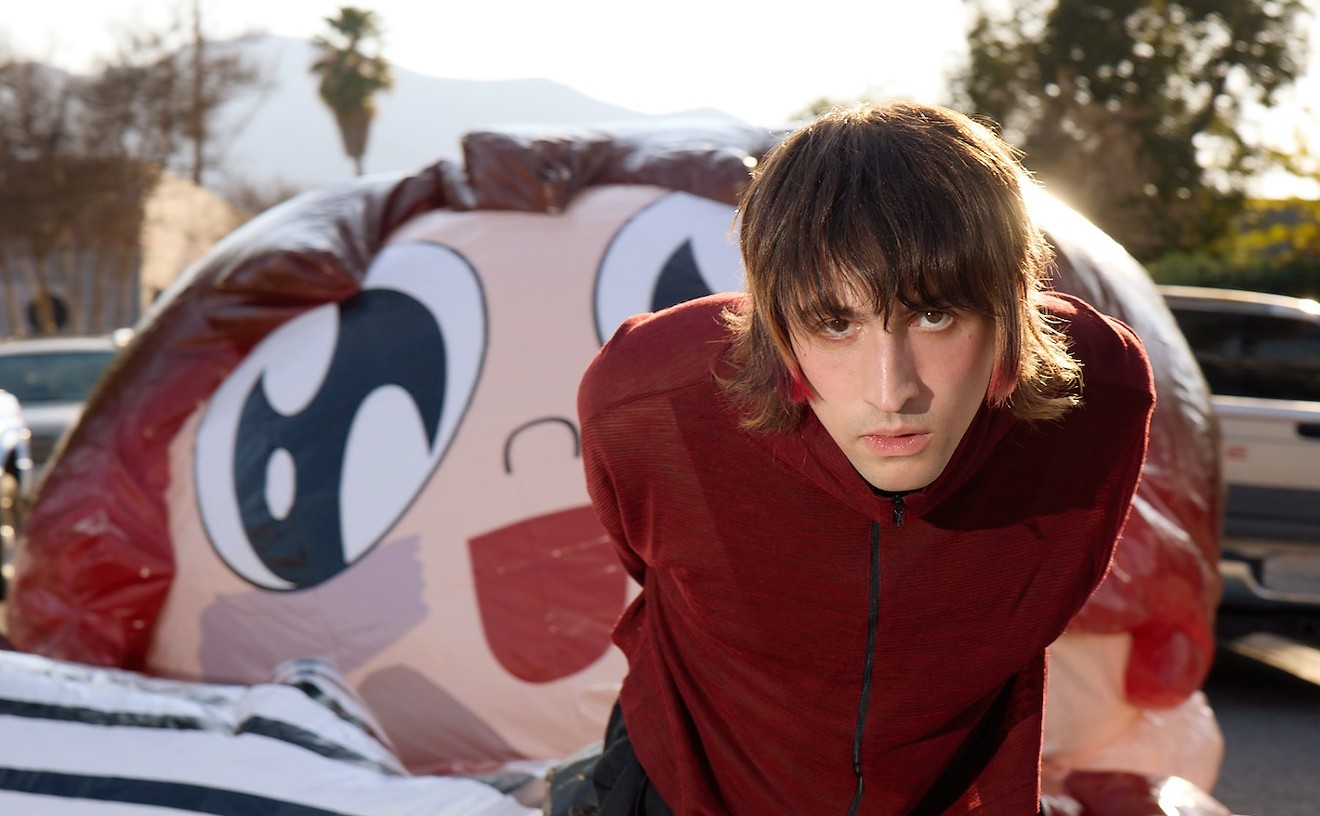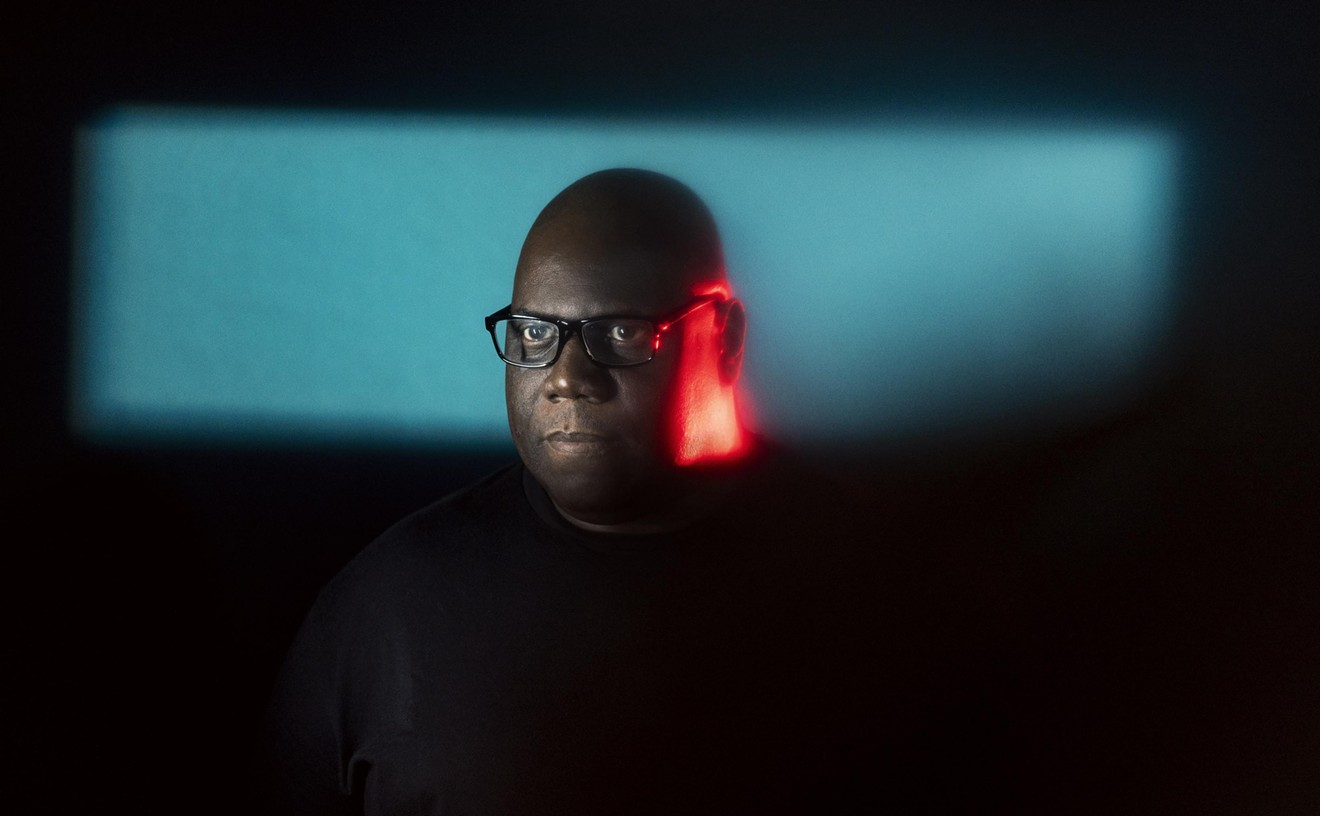After nearly an hour of chatting, Dick Dale apologizes for getting into storytelling mode. My time on the phone with the King of the Surf Guitar has made me feel like I was 5 years old, listening at the feet of that wise, old, clean-living grandfather I never had. We are both part Lebanese, believe in holistic healing, and love the high-desert region of Southern California. When I mention I'll be going to his upcoming shows in South Florida — there are three of them — he advises me to bring earplugs. It's like he's family — like he cares.
Whole Lana Love. Dick Dale is completely unguarded. He talks about his wife Lana and their home, an abode surrounded by mountains populated with coyotes and jackrabbits. He says with fascination: "It looks like we're on the surface of the moon!" Merely a few nights earlier, out in this wilderness, a white owl landed on Lana's back while she was cooking dinner.
His wife is clearly the center of Dale's universe. A nurse born in Saint Petersburg, Florida, she's his healer and full-time companion. Both have battled a host of painful health conditions. Dale has struggled with cancer for six years, renal failure, and diabetes, among other ailments. Yet he just launched a 50-city tour with a rigorous schedule of playing gigs almost every night for months. He says unironically, "Music is medicine for everybody, and laughter is the greatest healer."
Signature Sound. Dale was raised in Quincy, Massachusetts, by a father of Lebanese descent and a mother of Polish heritage. He points out proudly that his surname, Monsour, is aristocratic, meaning "brave ones." His family would gather frequently for mahrajan, parties that included belly dancing and music. His uncles would perform the folk song "Misirlou" using a metal-topped drum called a darbuka and a mandolin-like instrument called an oud. "The word Misirlou means 'the Egyptian.'It's an Arabic love song," he explains. "Sweetheart, where are you, my sweetheart?" The darbuka beat in that tune is the beat he played much faster on guitar. He sped it up to please the young folks who wanted to "be-bop." And the classic surf sound was born.
Clean Living. What makes Dale a unique rock 'n' roll icon isn't just that he created a whole genre of music, but that he has never drunk or smoked, and he doesn't eat red meat. He doesn't allow anyone on tour with him to drink or smoke either. "There's nothing but fruits and vegetables in the dressing room," he announces. He asks, to the surprise of venue owners, that they replace refrigerators full of beer with water.
At almost 75, Dale still connects strongly with his audience, even the listeners who aren't so sober. "I was put here, like Johnny Appleseed, to spread happiness [and] make people forget about the pain that they're in." And Dale knows pain. He says thoughtfully, "I had the blues because I had no shoes. Then upon the street, I met a man who had no feet."
At the end of the conversation, I tell him that I hope he and his wife feel better. He proclaims with a laugh: "When I die, it's not going to be in some old rocking chair, going back and forth. It's going to be onstage in one big explosion of body parts."
That would be quite a show to see.











